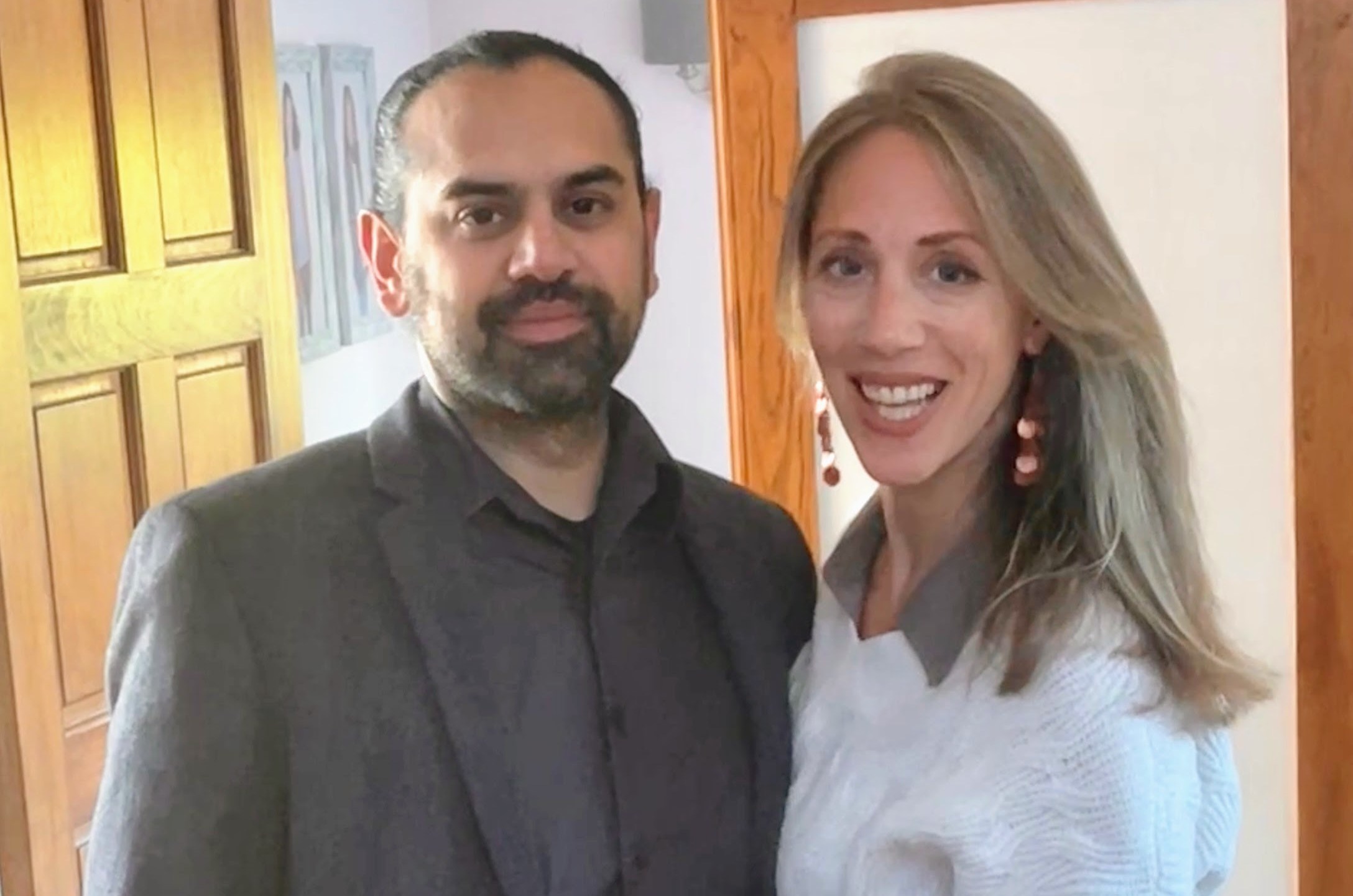Rising Costs of Private School Education: An Additional £75k Due to VAT
The financial burden of private education has surged, with parents facing an additional cost exceeding £75,000 due to VAT imposed on school fees.
A recent analysis by the wealth management firm Rathbones revealed that the average cost for a child attending private day school from ages 5 to 18 will reach approximately £461,430 starting September. This figure reflects a staggering increase of £76,905 compared to a scenario without VAT, which is set at 20 percent.
For families transitioning their children from day school to boarding at age 12, the financial obligation escalates to nearly £667,902—an increase of £111,317 when incorporating VAT charges.
Traditionally, private education has been a significant financial commitment, but the situation has worsened since January 1, when the government implemented taxation on school fees. The increase in fees has significantly impacted the families of students attending the UK’s 2,600 independent schools.
The government projects that removing the VAT exemption for schools will generate £1.8 billion annually by the 2029-30 fiscal year, which will be utilized to hire an additional 6,500 teachers in state schools.
However, critics express concerns that this change may render private schooling unaffordable for countless families, potentially overwhelming state schools with an influx of new students.
Faye Church of Rathbones remarked, “The financial repercussions of this increase on parents throughout a child’s education can be significant, leading families to reassess their ability to bear these costs or seek ways to manage them.”
Some institutions, like Eton, which currently charges around £63,000 annually, have fully transferred the 20 percent VAT increase to parents. Others have opted to absorb some costs, although they cannot sustain the entire burden. For instance, the Girls’ Day School Trust, overseeing 23 private institutions across England, increased fees by 12 percent as of January.
Rathbones conducted its analysis based on data from the School Fees Checker website, which provides up-to-date fee structures for over 800 schools, applying a 20 percent increase for the next academic year. They also accounted for a 4 percent annual fee increase over 13 years, reflecting the average yearly rise in private school fees since 2016, as reported by School Fees Checker.
While many schools announced fee increases as of January 1, one in four indicated to the financial firm Premium Credit that there would be no rise this academic year.
Regional Variations in School Fees
Rathbones identified significant regional differences in estimated education costs, including VAT.
The most affordable location is Northern Ireland, where the total cost for day schooling a child from ages 5 to 18 amounts to £184,812. Although this reflects an increase of £30,802 attributable to VAT, it remains lower than the typical fee of £574,051 seen in London, where VAT has added £95,675 to the total.
For a child attending day school in London until age 12 and subsequently enrolling in a boarding school, the projected overall cost approaches £777,200—an increase of £129,533 compared to prior to the VAT adjustments.

Melody and Jesal, residents of Croydon, south London, have opted to transfer one of their children from private to state education due to escalating fees. The couple has four daughters ranging from ages 7 to 16, three of whom previously attended Croydon High School, a private girls’ school in south London.
The annual fees were approximately £61,000 but were set to rise to around £72,000, leading the couple to make the difficult decision to move their daughter Vienne, 12, to a different school to alleviate financial strain, while her sisters Elana, 16, and Amelie, 14, will continue to complete their GCSEs.
Melody, who works as a business consultant and tutors on the side to support school expenses, stated, “It was an extremely tough choice. Ultimately, it came down to who would adapt with the least disruption.”
Expected Decline in Private School Enrollment
The government’s impact assessment predicts a decrease of 37,000 students enrolled in private schools next year as a result of the VAT policy, necessitating space for approximately 35,000 of these students in the state sector. Some students may be home-schooled or leave the UK altogether.
The Independent Schools Council reported in September that around 4,680 students had already indicated their intention to leave independent schools by January, prior to the fee increases coming into effect.
Financial Strategies for Families
Some parents are exploring creative solutions to sustain their children’s private education. Gianpaolo Mantini from Saltus, a wealth management firm, noted, “I have observed families opting to reduce their pension contributions to free up cash for school fees. Others are considering extending their mortgage terms to create more disposable income to manage costs.”
The Saltus Wealth Index, based on surveys of over 2,000 high-net-worth investors with assets exceeding £250,000, uncovered that 17 percent of parents currently with children in private schools have taken out additional loans against their homes to cope with increasing VAT-related expenses. Almost 15 percent considered downsizing their homes, 20 percent curtailed or ceased their pension contributions, and about 24 percent sought additional employment or higher-paying jobs.
“We are also witnessing a rise in support from grandparents, a trend that was previously unnecessary,” Mantini explained.
In response, the Treasury stated, “We do not acknowledge these calculations, which imply that the VAT increase will be entirely passed on to families. Eliminating tax benefits for private schools is projected to generate £1.8 billion annually by 2029/30, enabling the recruitment of 6,500 new teachers and enhancing educational standards to benefit the 94 percent of children in state schools.”




Post Comment